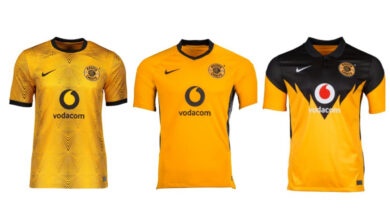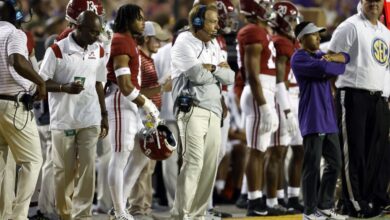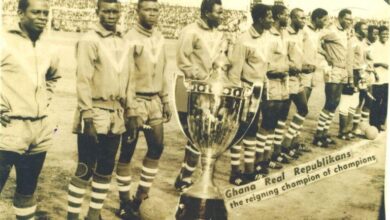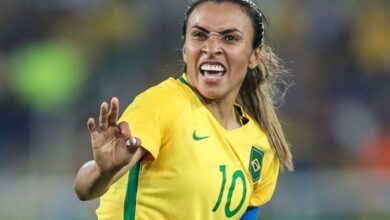FC Bayern: Upheaval and change (1980 to 1989)
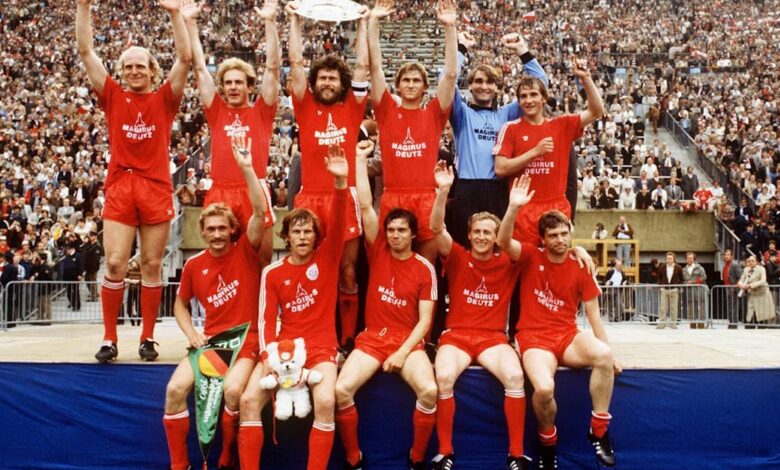
After a domestic drought lasting five years, general manager Uli Hoeneß and the duo dubbed “Breitnigge” by the media led FCB back to the path of success. Alongside combative midfield general Paul Breitner, Karl-Heinz Rummenigge became a world-class striker. The two-time Ballon d’Or winner scored 218 goals for Bayern in all competitions, while midfielder Breitner netted 110. The 1980 Bundesliga title was followed by five more in the following decade. In 1986 FC Bayern replaced 1. FC Nürnberg as record German champions. “We saw the rebirth of Bayern’s great team from the 1970s,” Rummenigge later said.
A legendary DFB Cup final win against Nürnberg followed in 1982. After going 2-0 down, FC Bayern turned the game round to win 4-2. Dieter Hoeneß, with a bandaged head, scored one of the goals. However, the European Cup went begging that year when Bayern lost 1-0 to Aston Villa in the final.
Lattek, Madjer and Heynckes
In 1983, Udo Lattek returned to Bayern and continued where he had left off in the 1970s, even without Rummenigge, who had joined Inter Milan in 1984 for a then record transfer fee of 11 million Deutschmarks. In turn, Lothar Matthäus joined FCB from Borussia Mönchengladbach. Bayern were champions in 1985, 1986 and 1987, as well as winning the DFB Cup in 1986. However, there remained great disappointment on the European stage. In 1987 the Reds suffered a painful defeat in the final of the European Cup against Porto. Bayern had been leading 1-0 until the 78th minute in Vienna before Rabah Madjer equalised with a backheel and Juary scored the winner just two minutes later.
Jupp Heynckes would take over as coach after that. He was tasked with building a new, powerful squad following the departures of Matthäus, Andreas Brehme, Norbert Eder, Mark Hughes, Michael Rummenigge and Jean-Marie Pfaff. Heynckes led Bayern to consecutive titles in 1989 and 1990, yet that goal of European glory remained out of reach.


